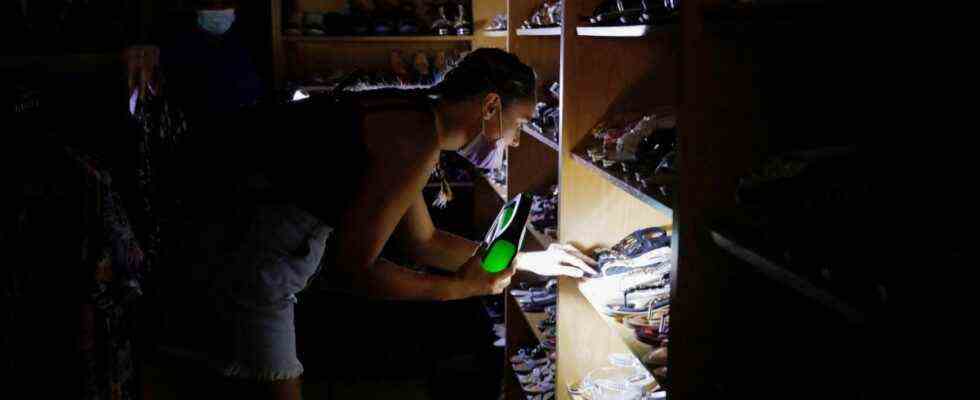Last year they tried the nice way, says Randall Williams, mayor of Tshwane, the metropolitan area in South Africa that also includes the capital Pretoria. Letters were written and friendly conversations were held. It was of little use. “That’s why we decided to change our strategy and take a more aggressive approach.” For a few days, the employees in his administration have simply switched off the electricity of defaulting citizens, companies and also authorities who have not paid their municipal bills. It’s quite a strange spectacle that has new surprises in store every day – and tells a lot about the state of South Africa. Without power are: the headquarters of the South African police, the luxury hotel Sheraton, the tax authority, a court for white-collar crimes, the University of Pretoria, the station of the private railway line Gautrain. And so forth.
Citizens, institutions and traders owe the city of Pretoria around one billion euros for water and electricity. But it is itself so heavily in debt that the infrastructure is crumbling everywhere, as in most regions of South Africa, which have been marked by decades of corruption, indifference and incompetence on the part of the governing ANC. But its majority is crumbling. Randall Williams of the Democratic Alliance (DA) has governed Pretoria since autumn 2020, and he now wants to do things differently. He has launched a “Name and Shame” campaign and every day publishes the names of those who are often years behind on their payments. Including a surprising number of public authorities. Naval Headquarters and the Department of Education have since paid, Rendall says. In the coming months he wants to collect about a third of all debts and also invest in the infrastructure again.
ANC supporters in particular accuse him of a “political campaign” against the poor. In fact, not paying the electricity bill is part of folklore in parts of South Africa. It all began in the days of apartheid: the residents of Soweto, the largest township in the country, began boycotting their bills in 1986 in order to bring the apartheid regime, which was already quite bankrupt at the time, to its knees and get Nelson Mandela released. He was released in 1990, but the electricity is still hardly paid for in Soweto to this day. In the meantime, broad sections of society have joined, from posh luxury residential complexes to financially strong companies. The bigwigs of the ANC didn’t care, they often didn’t pay themselves.
“The previous administration was very relaxed about the financial stability of the city. We will work our way through that,” said Johannesburg’s new mayor Mpho Phalatse of the DA. However, many citizens are still wondering why they should pay for electricity that goes out more and more often. The state energy supplier Eskom sits on debts of almost 35 billion euros, has many scrap power plants and is undaunted by coal. However, a new law now enables municipalities to produce their own renewable electricity and avoid power outages. Many civil rights organizations say that this would also improve payment behavior.

